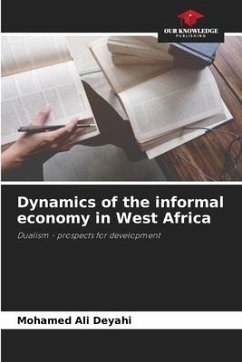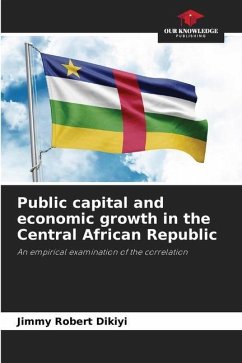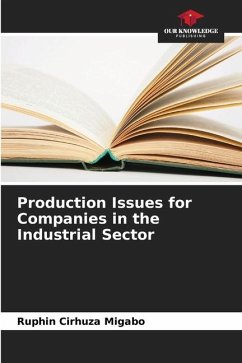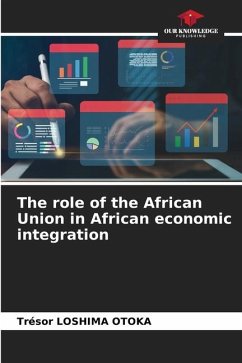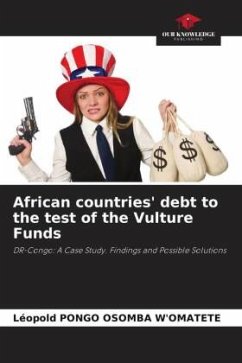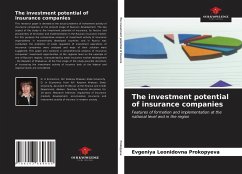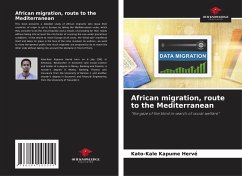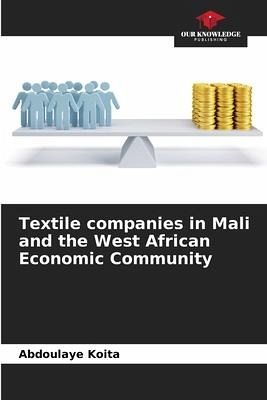
Textile companies in Mali and the West African Economic Community
Versandkostenfrei!
Versandfertig in 6-10 Tagen
41,99 €
inkl. MwSt.

PAYBACK Punkte
21 °P sammeln!
This work is linked to the experience of industrialization and the construction of economic integration in West African countries in the aftermath of independence. The author bases his analysis on the theory of economic integration based on the creation of a single market. Does the Economic Community of West Africa (E.C.W.A.) meet the requirements of economic integration theory? To answer this question, the author analyzes the instruments of the C.E.A.O. and draws a parallel between these instruments and those of the European Economic Community (now the European Union). This theoretical reflec...
This work is linked to the experience of industrialization and the construction of economic integration in West African countries in the aftermath of independence. The author bases his analysis on the theory of economic integration based on the creation of a single market. Does the Economic Community of West Africa (E.C.W.A.) meet the requirements of economic integration theory? To answer this question, the author analyzes the instruments of the C.E.A.O. and draws a parallel between these instruments and those of the European Economic Community (now the European Union). This theoretical reflection, applied to the practical situation of textile companies, leads the author to establish that economic integration in Africa can give rise to multiple advantages. African countries would find in integration a means of compensating for the very low intensity of each national market taken in isolation. However, the author does not lose sight of the reality of African countries, and shows that in their case, this mechanism cannot be automatic, as "adding is not merging".



